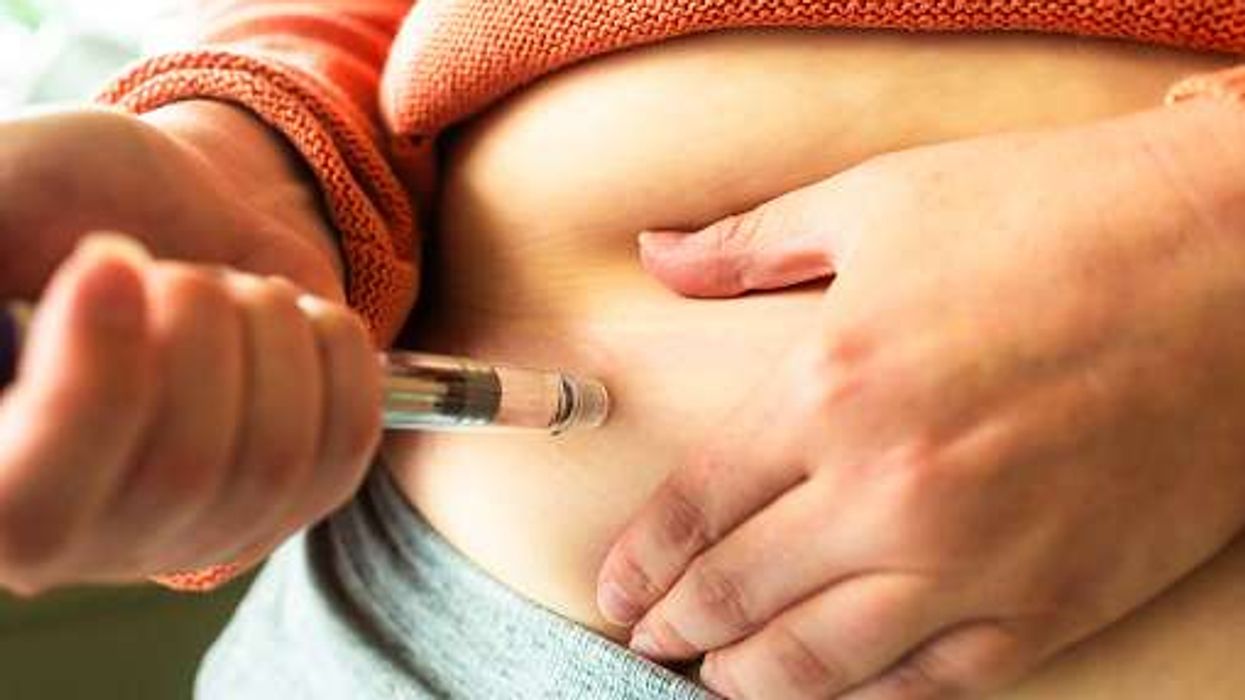A new groundbreaking study is undergoing to find whether giving aspirin, commonly used as pain relief, alongside immunotherapy drug avelumab could improve its effectiveness for people affected by breast cancer.
According to researchers, a combination of aspirin and avelumab could potentially stop people dying from this disease.
The clinical trial, funded by the ‘Breast Cancer Now Catalyst Programme’, aims to accelerate progress in world-class breast cancer research through innovation and collaboration.
As part of the Programme, Pfizer has provided Breast Cancer Now with funding through an independent medical research grant and given the charity’s researchers access to several Pfizer medicines.
Led by Dr Anne Armstrong from The Christie NHS Foundation Trust in Manchester, this is the first clinical study to test if aspirin can make tumours more sensitive to immunotherapy in triple negative breast cancer patients.
The trial, if turns successful, could pave the way to urgently needed new treatment options for the 8,000 women diagnosed with triple negative breast cancer in the UK each year. The ailment is less common but often disproportionately affects younger women and black women.
Dr Simon Vincent, Director of Research, Support and Influencing at Breast Cancer Now, said: “The 8,000 women diagnosed with triple negative breast cancer in the UK each year face the frightening reality of limited treatment options – we urgently need to address this.
“Research has already suggested aspirin could improve outcomes for many cancer patients and we hope that Dr Armstrong’s trial will show the same to be true for patients with triple negative breast cancer, so that we can prevent more lives being lost to this devastating disease.
“This trial is one of many exciting research projects being funded through The Breast Cancer Now Catalyst Programme. Charity-funded medical research has been served a huge blow by both Brexit and the Covid-19 pandemic, but through this Programme we are continuing to accelerate progress in world-class breast cancer research.”
Triple negative breast cancer refers to a diverse group of breast cancers that lack the three molecules used to classify the disease: the oestrogen receptor (ER), progesterone receptor (PR), and human epidermal growth factor receptor 2 (HER2).
The absence of these molecules in triple negative breast cancer leaves with a limited option for treatment such as a combination of surgery, chemotherapy, and radiotherapy that come with gruelling side effects.
Previous research has shown that pairing an immunotherapy drug, like avelumab, with aspirin helps to control tumour growth in mice more successfully than immunotherapy drugs alone.
Besides, a recent analysis of existing published studies by Cardiff University found that taking aspirin is linked to reduction in cancer deaths. The review and analysis of 118 published observational studies in patients with 18 different cancers showed that about 20 per cent more of the patients who took aspirin for other health reasons were likely to be alive compared with those not taking it.
In the current study process, Avelumab will be trialled, with and without aspirin, before patients receive surgery and chemotherapy treatment. Samples of patients’ breast cancer tumours will then be evaluated to see if the addition of aspirin can enhance the effects of immunotherapy.
If successful, this trial could lead to further clinical trials of aspirin and avelumab for incurable secondary triple negative breast cancer, which occurs when cancer cells that started in the breast spread to other parts of the body.
Dr Anne Armstrong, Consultant Medical Oncologist and Honorary Senior Lecturer at The Christie NHS Foundation Trust in Manchester, said: “Not all breast cancers respond well to immunotherapy. Our earlier research has suggested that aspirin can make certain types of immunotherapy more effective by preventing the cancer from making substances that weaken the immune response. Anti-inflammatory drugs like aspirin could hold the key to increasing the effectiveness of immunotherapy when used at the same time.
“Trialling the use of a drug like aspirin is exciting because it is so widely available and inexpensive to produce. We hope our trial will show that, when combined with immunotherapy, aspirin can enhance its effects and may ultimately provide a safe new way to treat breast cancer.”
Beth Bramall, 42, from Hampshire, was diagnosed with triple negative breast cancer. Beth, who has been supported by Breast Cancer Now, said: “Nothing prepares you for being diagnosed with cancer, but the narrative on triple negative breast cancer is so scary and provides little hope. It can spread undetected on scans and sadly several of the friends I’ve made over the past 18 months have had recurrences and passed away from this disease.
She added that the triple negative cancer has more grueling side effects such as hair loss, nausea, joint and muscle pain, diarrhoea and constipation, burning palms and feet, migraines, night sweats and fatigue.
“It’s really exciting that this research being carried out by the Breast Cancer Now Catalyst Programme could potentially help women diagnosed with secondary triple negative breast cancer,” she said.
The Catalyst Programme is accelerating progress in breast cancer research through 28 innovative breast cancer research projects, including clinical trials, taking place across the UK and Europe. The aim is to bring better treatment options for people affected by breast cancer.











